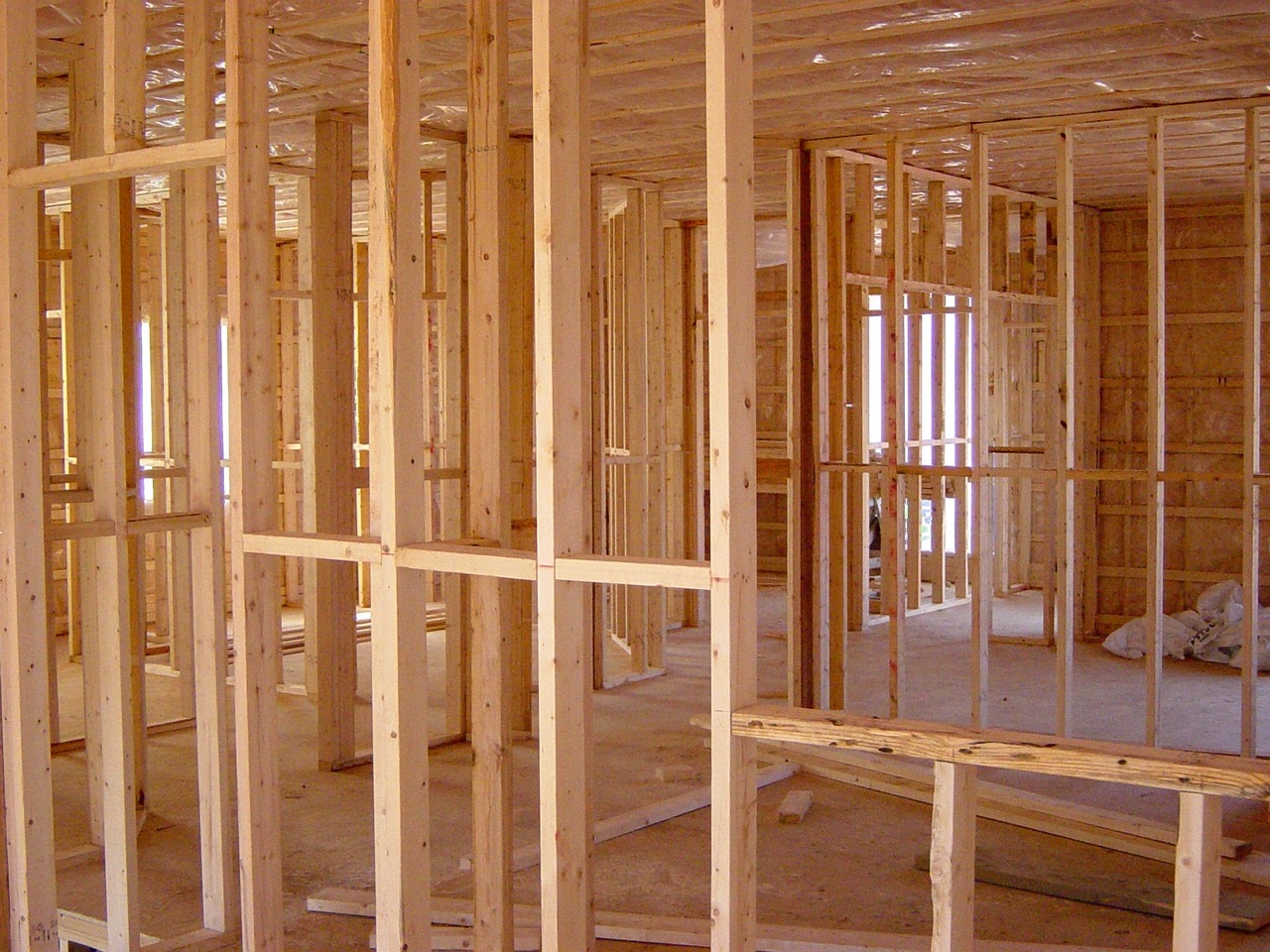Building materials refer to any materials that are used in the construction of a building or any other structure, including residential homes, commercial buildings, bridges, and roads. The selection of building materials depends on several factors, including the type of structure, architectural design, and durability requirements. Common building materials include:
1. Wood: used for framing, flooring, walls, and roofing.
2. Brick: used for walls, chimneys, and fireplaces.
3. Concrete: used for foundations, walls, and floors.
4. Stone: used for walls and facades.
5. Steel: used for structural supports, framing, and roofing.
6. Glass: used for windows, doors, and facades.
7. Plaster: used for interior walls and ceilings.
8. Ceramic tiles: used for flooring and walls.
9. Asphalt: used for roads and roofing.
10. Insulation materials: used for energy conservation and thermal insulation.
11. Roofing materials: including shingles, tiles, and metal sheets.
12. Paint and coatings: used for decorative and protective purposes.
13. Adhesives and sealants: used for bonding and sealing various building materials.
The sustainable use of building materials is becoming increasingly important as society aims to reduce its environmental impact. This has led to the development of eco-friendly materials such as bamboo, recycled wood, and recycled plastic.



